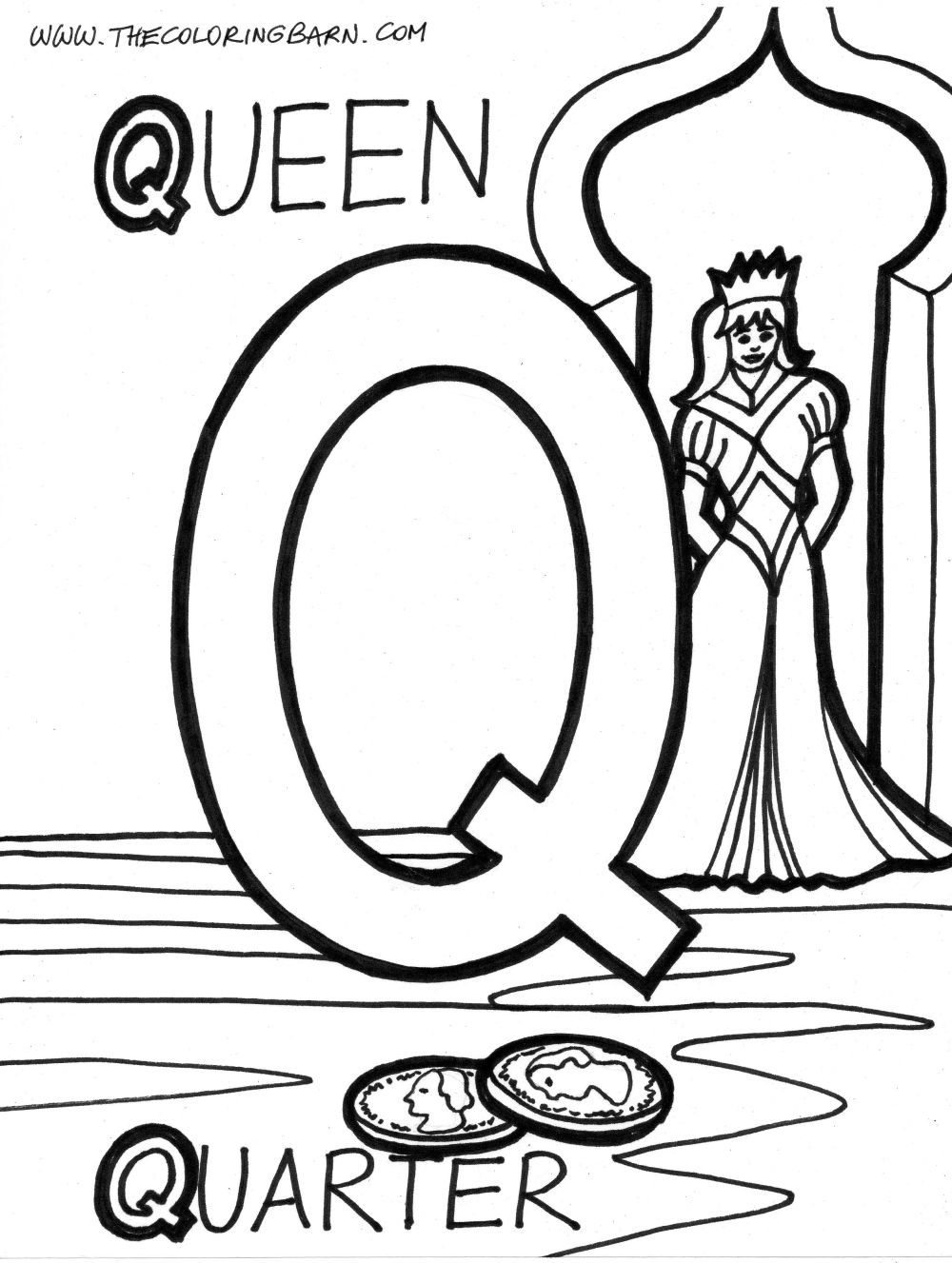
Get it? Like heart of gold? It’s funny, get over yourself.
The story of Rahab is one that we tend to gloss over. We are
able to say that she was a prostitute
and then we quickly race to the manifestation of her faith and the way
she saved God’s chosen people. It’s a beautiful story of a complete turnaround
from sinner to saint.
Well…not really.
And Joshua the son of Nun sent two men secretly from Shittim as spies, saying, “Go, view the land, especially Jericho.” And they went and came into the house of a prostitute whose name was Rahab and lodged there.
But the woman had taken the two men and hidden them. And she said, “True, the men came to me, but I did not know where they were from. And when the gate was about to be closed at dark, the men went out. I do not know where the men went. Pursue them quickly, for you will overtake them.” But she had brought them up to the roof and hid them with the stalks of flax that she had laid in order on the roof.
I’ve highlighted a few things here. First off, the very
first descriptor that we’re given is that Rahab is a prostitute. I mentioned it
before, I’ll probably mention it again, her livelihood depended on breaking the
sixth commandment daily and encouraging others to do so likewise. You’ll also
note that in this interaction she never repents of that fact either.
Next, look at how she protects the spies. It is obviously
not in a truthful manner. We are quick to defend her saying, “Well of course
she couldn’t have told the truth, they would have been killed!” But in the same
way, it’s important for us to acknowledge that she isn’t perfect, even as she
is carrying out works that will be used to glorify God.
In spite of who Rahab was, God used her to accomplish His
plan.
 Rahab’s account is made even more interesting when you look
at the way that it combines so many different elements from both the Old and
New Testaments. Take a peek at verses 18-21. So many things that we’ve seen
before! Scarlet cord. Scarlet like blood. Identifying a house that should be
passed over. Passover. Hmm. But as good New Testament Christians I’m sure you’ve
been thinking of another kind of blood that provided salvation.
Rahab’s account is made even more interesting when you look
at the way that it combines so many different elements from both the Old and
New Testaments. Take a peek at verses 18-21. So many things that we’ve seen
before! Scarlet cord. Scarlet like blood. Identifying a house that should be
passed over. Passover. Hmm. But as good New Testament Christians I’m sure you’ve
been thinking of another kind of blood that provided salvation.
In this same section we also see the promise that is made to
all those who are inside the house. The promise is that those who are in the
house will be saved whilst all those who are outside the house will be killed. Replace
the word house with ark
and it quickly brings to mind the promise made in Genesis.
Moving forward into the New Testament, Rahab isn’t
forgotten! In Matthew
1:5 there is reference to Rahab, this time as a part of Jesus’ lineage. If
you look at the other people who are mentioned as part of Jesus’ family tree,
you’ll notice just how many oddities there are. So many people of whom you would
not want to claim even a passing knowledge are proudly proclaimed as being the
forefathers (and mothers) of the perfect king who came to deliver us from evil
and proclaim salvation to all. But Jesus does. He proudly proclaims himself as the son of a lying whore and in spite of that he also proclaims himself the perfect son of God, who came to earth to bring about perfection to all people
Rahab isn’t perfect. We see her actively breaking
commandments and even at the pinnacle of her service to God she is really only
acting as a lying whore. But this is the kind of person who provides us with an
example of faith. This is the kind of person that makes up Jesus’ own ancestral
line. This is the kind of person that we strive to be. Not that I recommend you
all go and start up your own brothel or tell lies “in the name of the Lord.”
What this reminds us of is that we are sinful people. This is something that we
can’t escape. However, this doesn’t stop us from being utilized by God. In
spite of our sin, in spite of the inclination that we have toward evil, God
uses us for his good. He takes our sin and, on the cross, he turned it into his
goodness.







